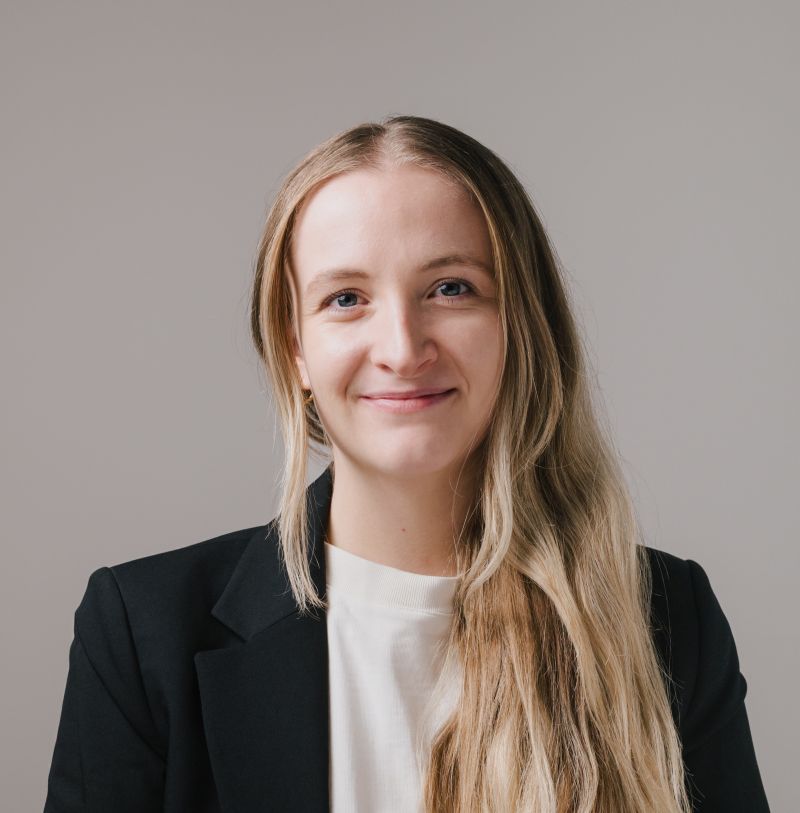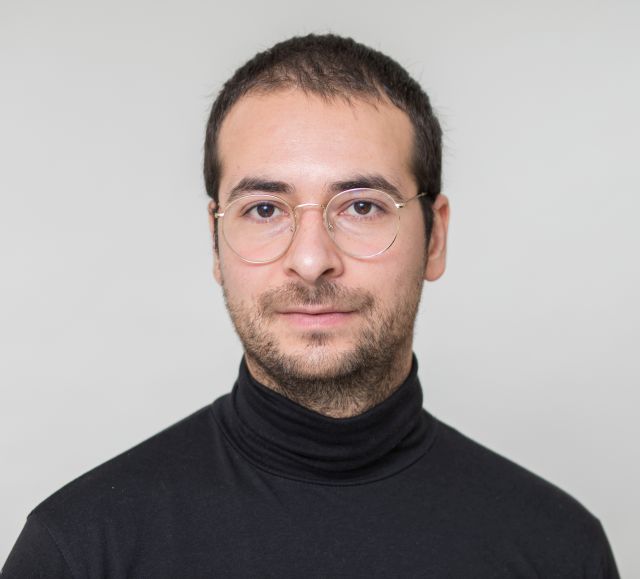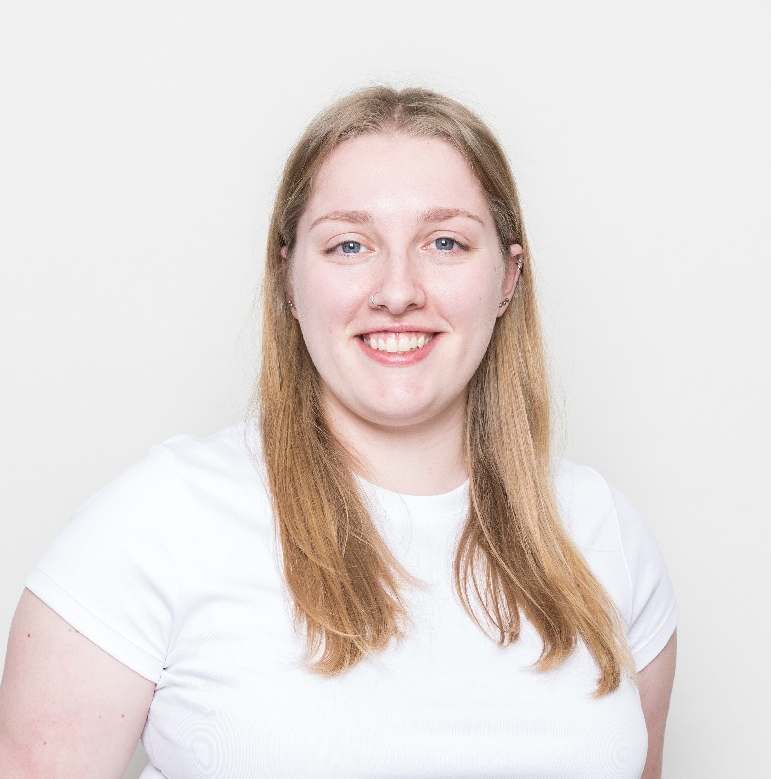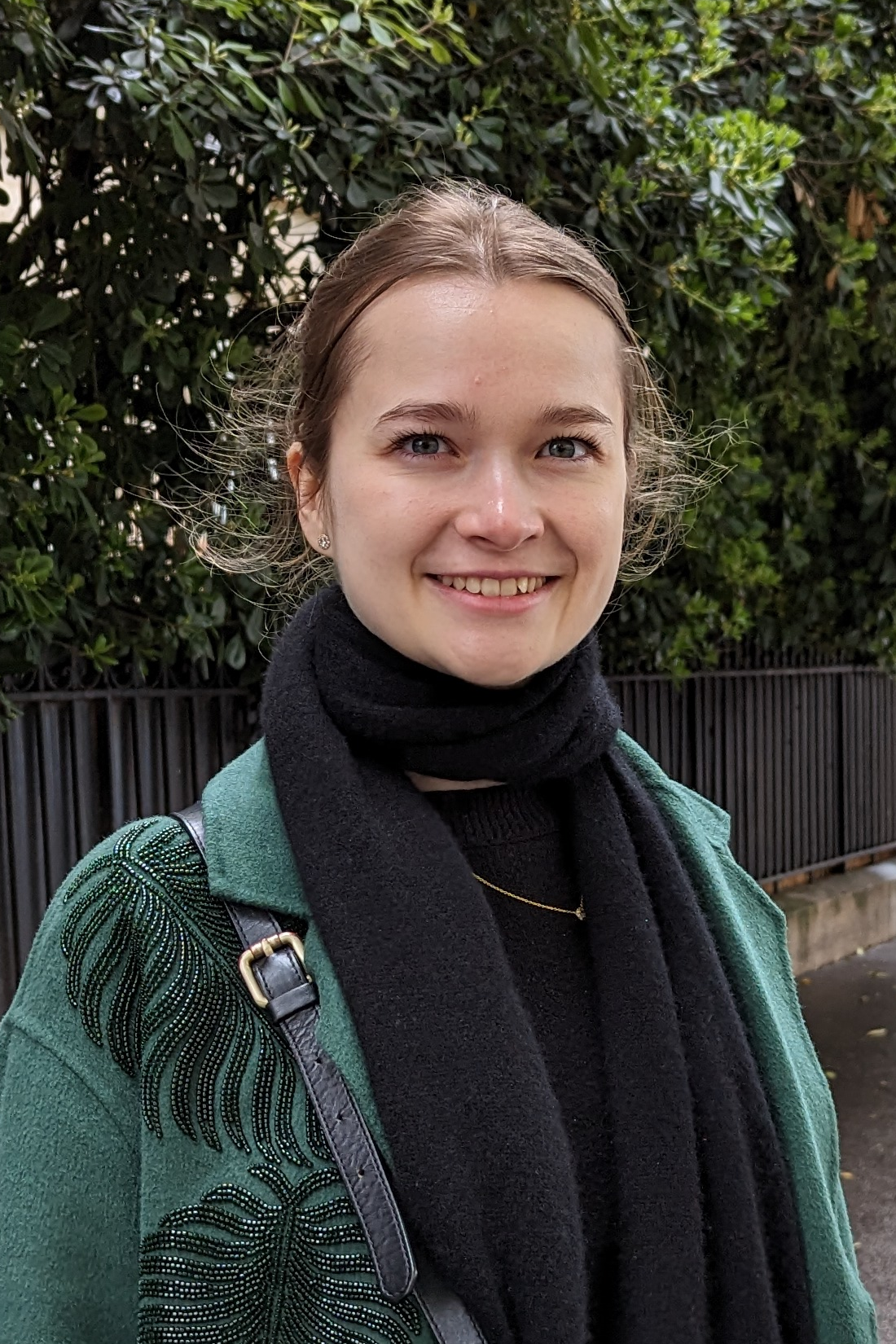Judita Beinortaite - Interview
PORTRAIT | Education / Interview / Doctoral Researcher / PHGS
Judita Beinortaite started her doctorate in October 2020 at DESY in Accelerators and is part of the research group FTX-AST and FLASHForward. Her thesis on the topic Effects of beam energy deposition and transfer in a plasma-wakefield accelerator on the few-microsecond timescale is supervised by Matthew Wing, Richard D’Arcy and Stephan Wesch. Previously, she completed her Master’s degree in Physics at the University of Oxford (UK). In an interview with us, she talks about her experience as a member of the PHGS.

Can you name special features about your research group?
The scientists of FLASHForward are driven by a big goal – displaying the potential of PWFA to aid in the development of future accelerator facilities. Being a part of a rather small community of PWFA researchers in the world, our pursuits gain a sense of adventure, novelty, and excitement. It is these feelings that keep us motivated to work many long night shifts in the accelerator control room. We foster an environment of collaboration and support, which is an absolute necessity in a field that in the grander picture can seem rather niche. If I had to describe my group in three adjectives, that would be: dedicated, adventurous, supportive.
Do you have further research interests?
My further interests are still strongly tied to plasma-wakefield acceleration. I am curious about all the different components that go into the general science and technology of wakefield acceleration in plasma: accelerators, lasers, and most importantly - plasma itself. Delving deep into understanding each of these is a necessary part of research in high-repetition-rate operation of plasma accelerators, which to me is a topic of topics, and I hope to continue exploring it in the future.
Can you describe in one or two sentences what you particularly like (most) about your current academic/working environment?
The team’s absolute acceptance of everyone’s individual needs and each individual’s dedication to the bigger common goals. This creates an environment where one can excel scientifically and achieve great results as a team.
If you like, please let us know what a typical working day looks like for you.
Thanks to flexibility of the work schedule in my group, I start my day when my brain is ready to do some focusing and thinking – in later hours of the morning. These first hours of an attentive brain are best used for quiet reading time or discussion meetings. Lunch is dedicated to talking with colleagues on topics ranging from recent scientific breakthroughs to memes. As I battle with my sleepy post-lunch brain by ingesting fluids with caffeine, afternoon hours are spent on data analysis and coding. However, if there is a big event coming up, such as a conference or a block of data-taking shifts, then that time is dedicated to preparing a talk or a shift plan respectively. What I have just described, of course, gets interrupted if there is work to be done in the accelerator tunnel. Then one can spot me frantically running back and forth between the office and the tunnel as I run back to get my forgotten dosimeter.
Which offers of the PHGS did you already use?
I signed up for the onboarding meeting with Stefanie Tepass, benefited from the Buddy Program and participated in different skills trainings. In addition, I joined German language classes and received the PHGS Travel Award.
How did you benefit from the offers of PHGS? From which 2-3 offers have you benefited the most and in what way?
- Travel Award: I am truly grateful to have been awarded the Travel Award during my time with PIER twice. The first time, it allowed me to attend my first ever international workshop on Advanced Accelerators, which gave me a unique opportunity to listen to highly relevant talks at a very critical (midway) point of my PhD. I also met people from my field: both peers at similar stages of their doctoral journey to mine and distinguished scientists, many of whose research paved the way to the success of the field of PWFA. The second time, I am excited to have the opportunity to attend the IPAC 2023 conference, my first large-scale international conference where I will represent FLASHForward and our recent results in a talk.
- Science Slam: Having started Science Slamming with no previous experience was definitely daunting, and the PIER Science Slam Workshop came at the perfect moment to help hone my skills. I learnt ways to refine and deliver my message, connect to the audience and do it all in a creative way. It was a real privilege to put those skills on the DESY Auditorium stage and go through an existential crisis about researching PWFA together with the audience with a laugh.
- German lessons: Despite a satellite dish receiving some German TV in my childhood home and some attempts to learn the language at school, I could not mutter anything beyond ‘genau’ when talking to my neighbors. Thanks to a very caring and dedicated teacher Cornelia Johannsen, I can understand and speak much more German!
Can you describe in one or two sentences why you think the PHGS is a useful institution for doctoral students?
The experience of doing a PhD can at times be quite academically isolating: it is an unfortunate necessity when you must delve deep into a very specific topic. However, to be a well-rounded scientist, it is crucial to hone other skills, such as communication and languages. Moreover, academic isolation is best overcome by simply packing a suitcase and leaving your lab for a bit, i.e., attending a conference. Having an institution such as PHGS, which both helps develop said skills and realizes travelling opportunities for young scientists, is an essential element to a great PhD experience.
How did you benefit from the offers of DOIT (Doctoral Initiative)?
So far, I joined networking and social events with other doctoral students and profited from the representation of students in discussions about contracts and the general representation of the student body.
Can you describe in one or two sentences why you think DOIT (Doctoral Initiative) is useful for doctoral students of the PHGS?
The schedule of doctoral students is often oversaturated by scientific and adjacent administrative work, thus having someone with needed skills to represent us as a group is extremely important in ensuring that our voice is heard and not left out in the decision-making processes.
What is/are your favorite place/s in Hamburg (and why)?
Moving to Hamburg during the pandemic meant that the places I fell for and love to this day are ones where I can connect to a surprisingly varied nature in Hamburg, therefore nothing picks me up better than a walk in the Klein Flottbek Botanischer Garten or cycling around in Jenisch Park and along the Elbe.
Can you describe in one or two sentences what you particularly like (most) about your life in Hamburg or Hamburg as a city?
For me, Hamburg bridges two worlds, both geographically and culturally: where I grew up (Vilnius) and where I started my adulthood and my physics journey (UK). It is a great feeling to live in the exact middle of these places without giving up any of their great aspects. Just like in Vilnius, I love how green Hamburg is and how much culture and art one can explore here. Just like in UK, I love how progressive and liberal Hamburg is, how international and welcoming it is. And while I enjoy this perfectly balanced duality, I have discovered and become fond of Hamburg’s own unique qualities: a large bustling metropolitan city with so much going on, while suburbs with 100-year-old oak tree lined alleys or large peaceful forests to wander in are just half-an-hour away.
Please finish the following sentence: I never regret having come to Hamburg because…
…it has become my home, here, the first steps of my independent and scientific life were taken, and Hamburg has been a beautiful backdrop to the things that have unfolded.
Thank you very much, Judita, and all the best for your doctoral studies!








